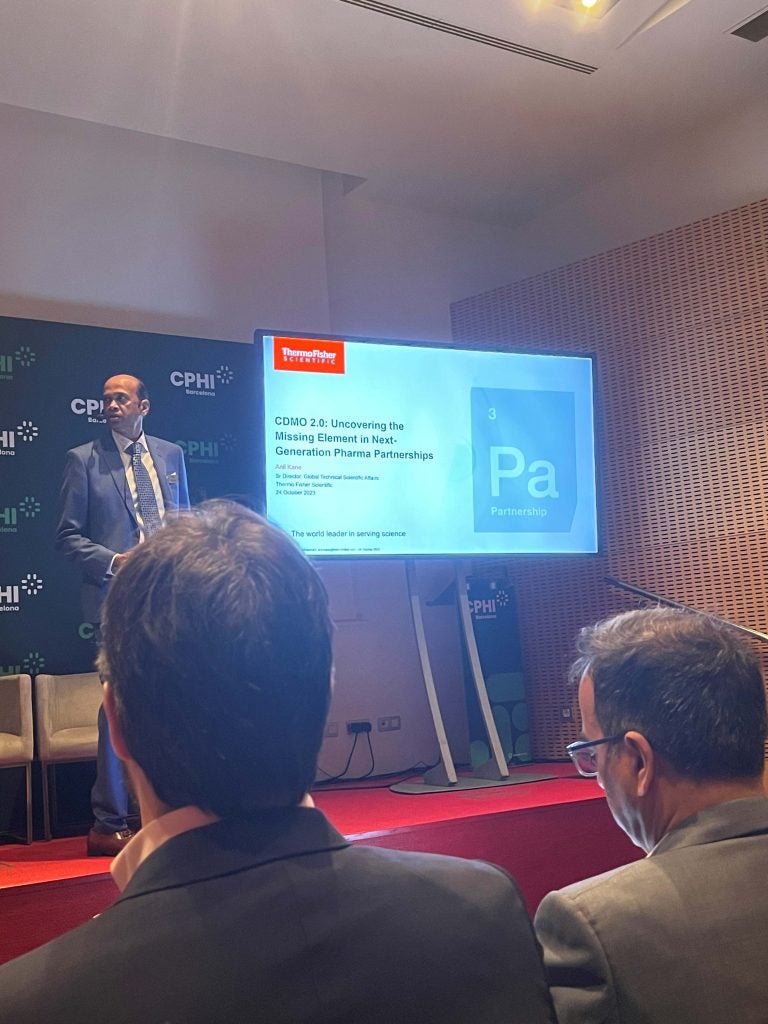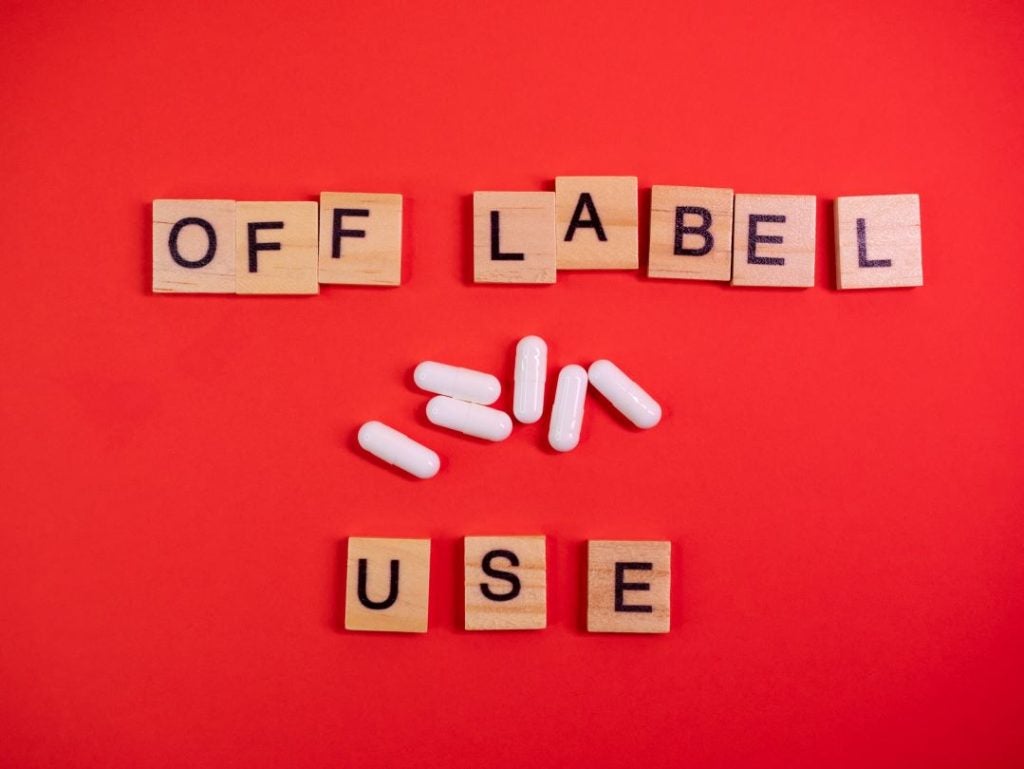“Contract development and manufacturing organisations (CDMOs) used to provide services, but now they provide solutions”, said Vinay Saluja, Global Head Development Services, Global Biotech Cooperations, CDMO Novartis, in a keynote address on the opening day of the CPHI Europe meeting.
During his talk, Saluja addressed how the role of CDMOs has already evolved over the last decades. According to him, CDMOs have pivoted from being contract manufacturers and providing mature existing technologies to clients, to offering cutting-edge technologies and increasing the breadth and depth of solutions and services provided.
The major industry event focused on pharmaceutical manufacturing, CPHI Europe, is taking place in Barcelona this year from 24-26 October.
Key trends shaping the industry
Sustainability, technology, and data security are some key factors that are expected to impact the CDMO landscape. As per Saluja, investment in green operations and switching to renewable energy sources to reduce CDMOs’ value chain emissions will be essential. Additionally, reliability and agility in adapting and scaling up fast-changing technologies will be vital to deliver quality products like cell and gene therapies or radio-ligand therapies in a pharmaceutical company’s expanding pipeline.
Also, an interest in data security is gaining traction, especially for advanced therapies such as cell therapies, “CDMOs will need to build trust that they can handle patient data, store it and manage it,” according to Saluja.
Pharma’s expectations from partnerships
During the “CDMO 2.0” session at the conference, Anil Kane PhD, senior Director of Global Technical Scientific Affairs at Thermo Fisher Scientific, stated that CDMOs are expected to offer access to novel technologies as well as critical insights and guidance to ensure the innovative technologies are leveraged to their maximum.

Fully flexible manufacturing, meaning the ability to quickly and efficiently adapt manufacturing processes to different product types, volumes and client needs, will be essential in next-generation pharma partnerships, he said. Additionally, supply chain management and diversification, process automation, data analytics, predictive modelling, regulatory and workforce expertise are only some of the features that will become key in future partnerships between CDMOs and pharmaceutical companies.
As the demand for personalization of processes increases in the next years, along with scrutiny from regulatory bodies, competition in the CDMO space will also rise. However, “to deliver transformational value there has to be strategic engagement and early collaboration between pharmaceutical companies and CDMOs,” said Kane. Therefore, ThermoFisher’s approach to next-generation pharma partnerships will be to leverage a global infrastructure and network and utilise a combination of flexible business models and digital tools to meet complex customer demands with adaptable and seamless solutions, he added.















